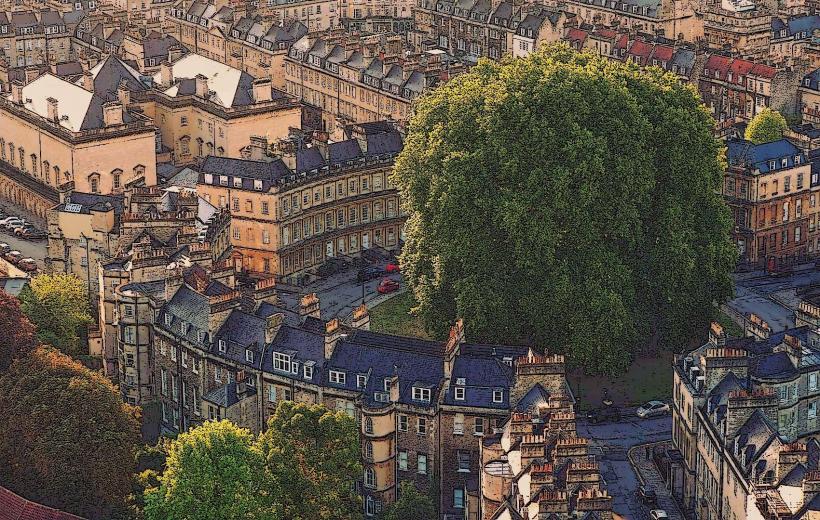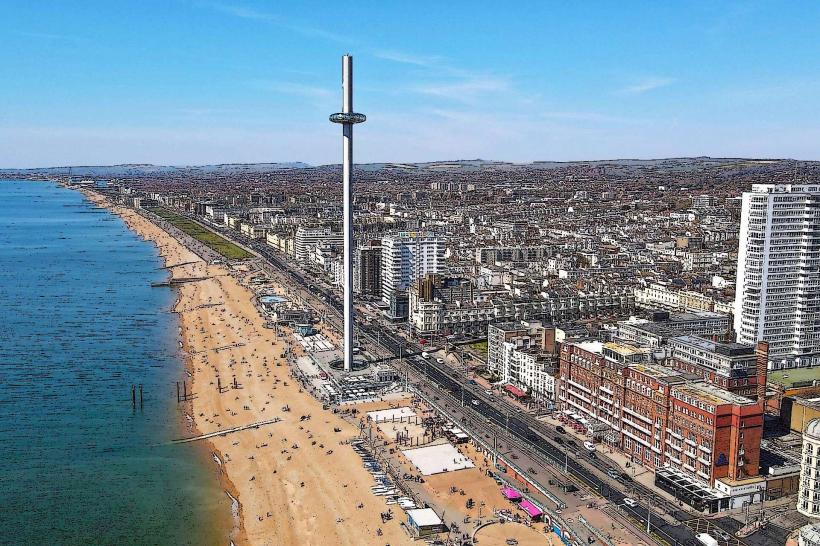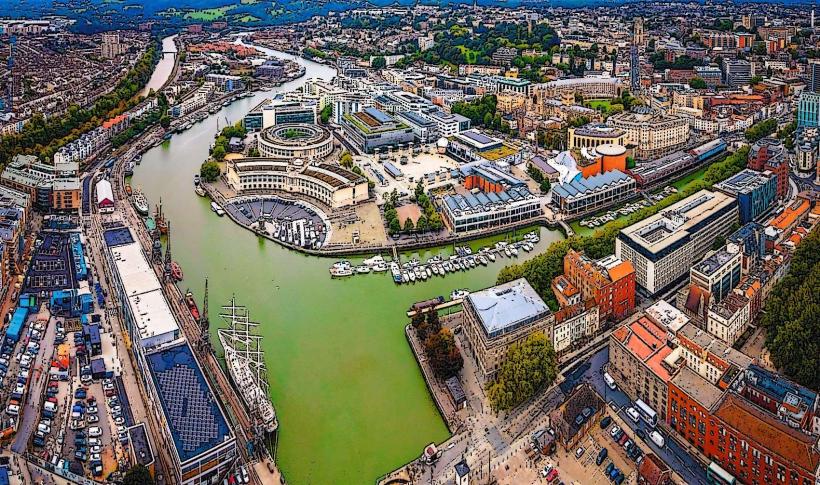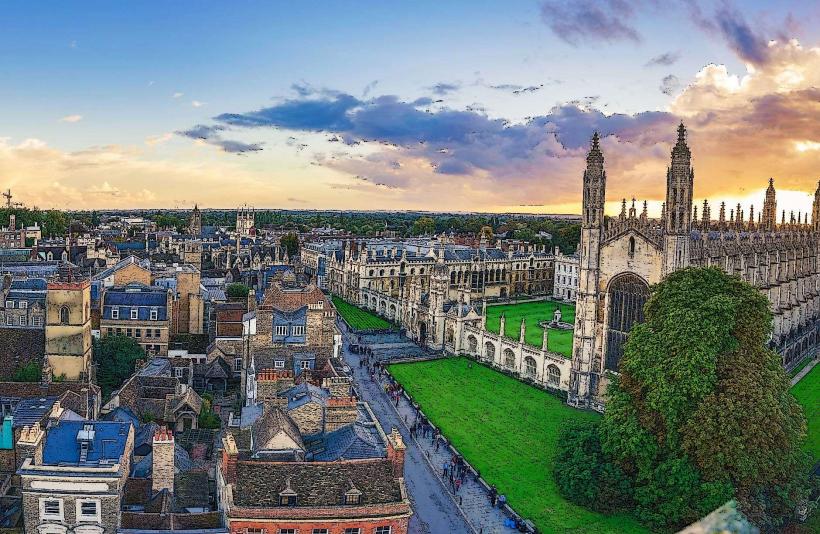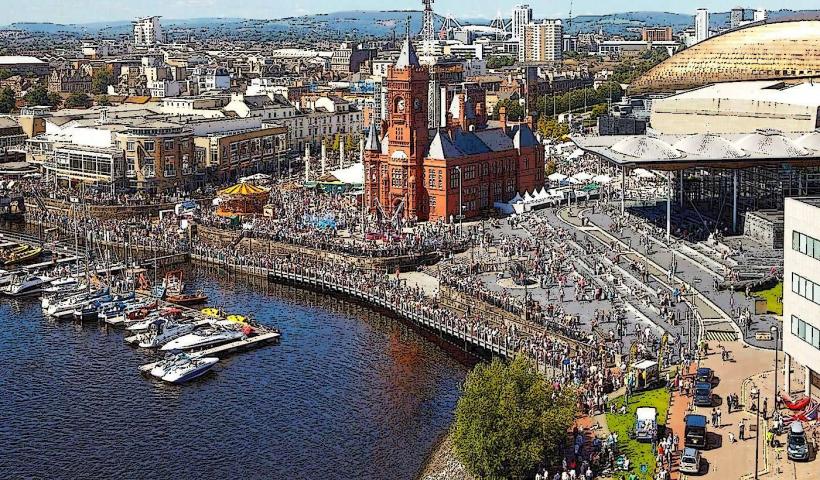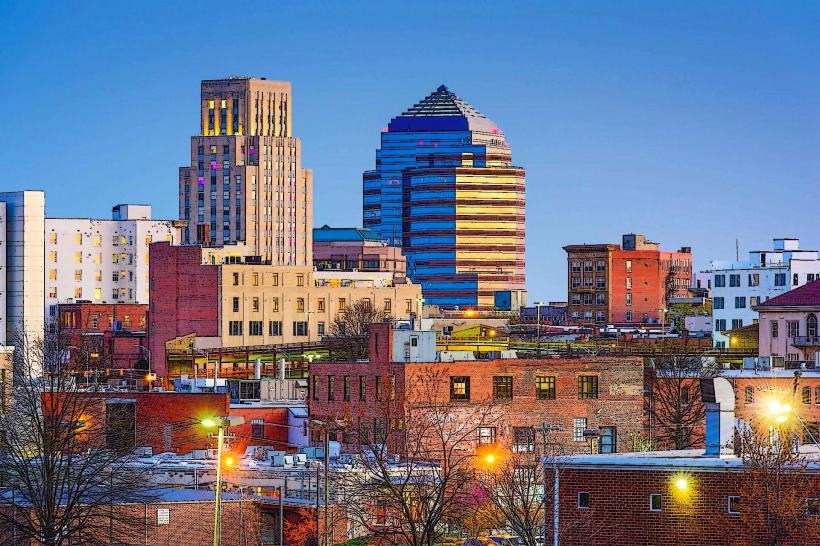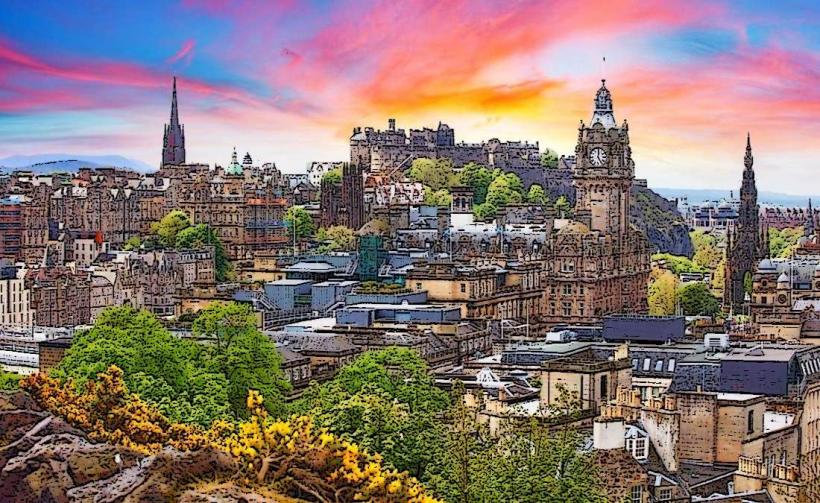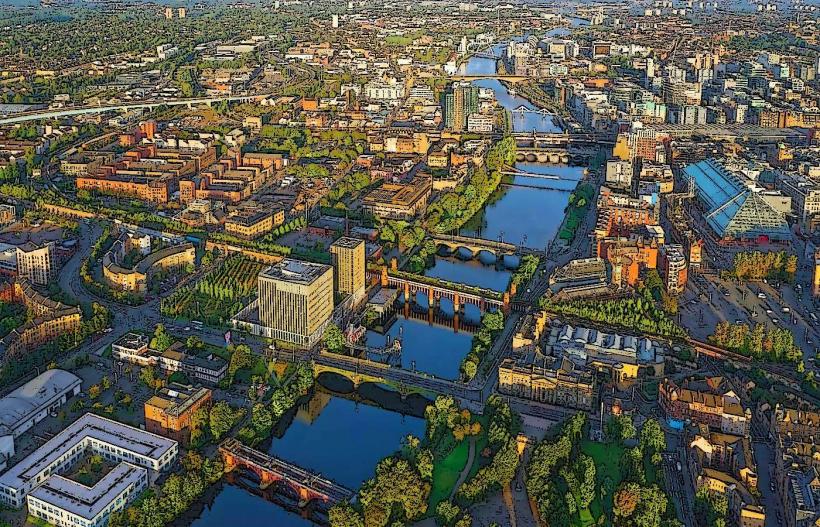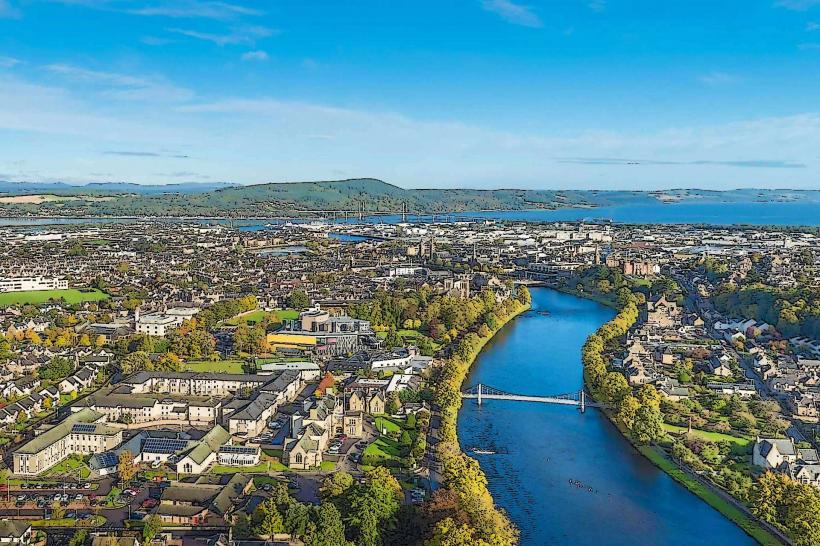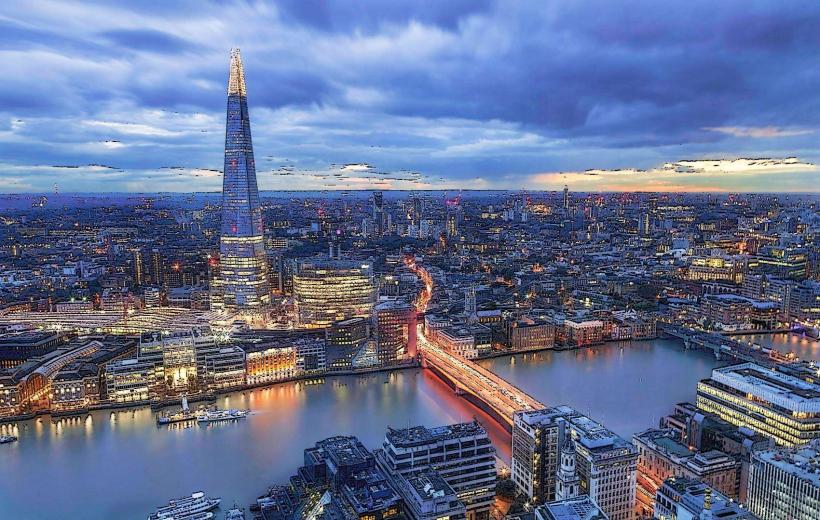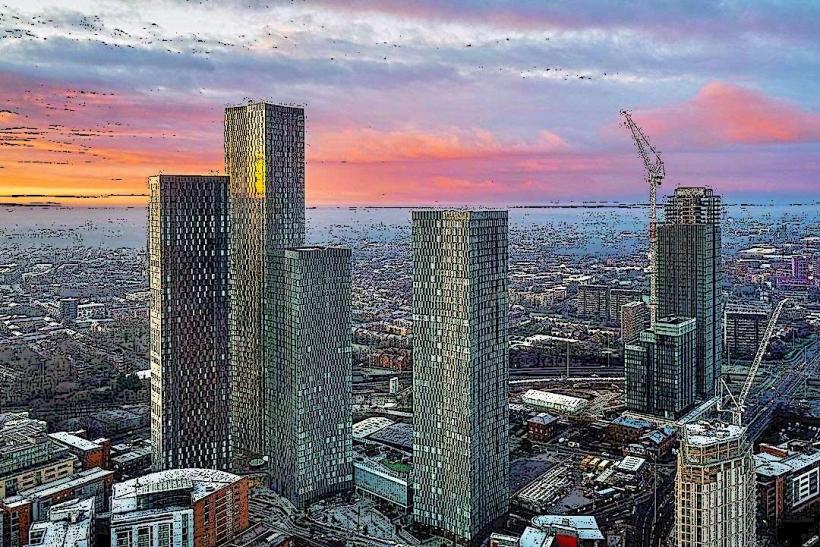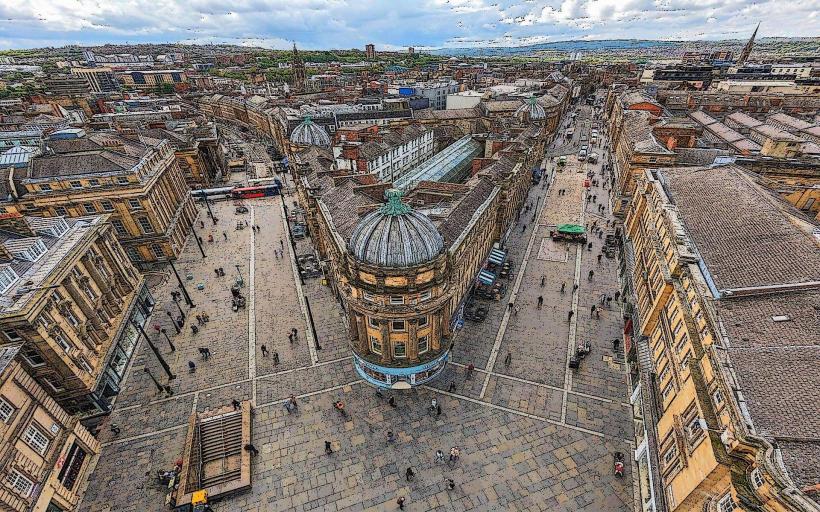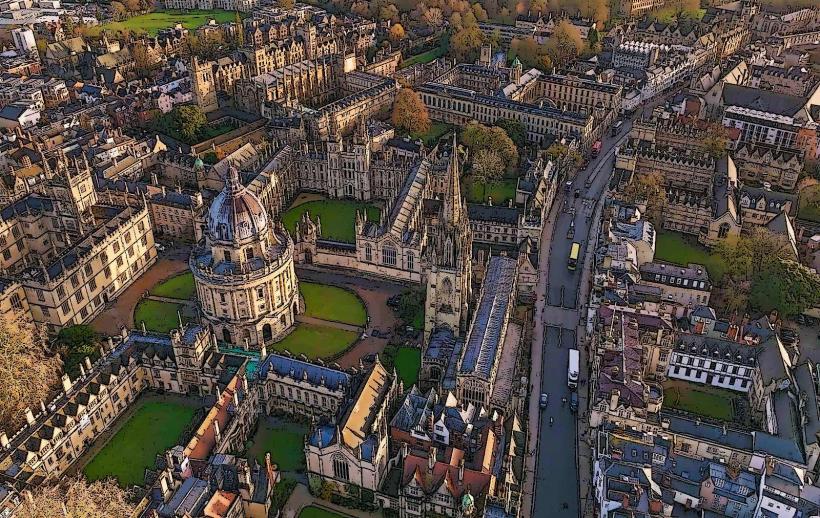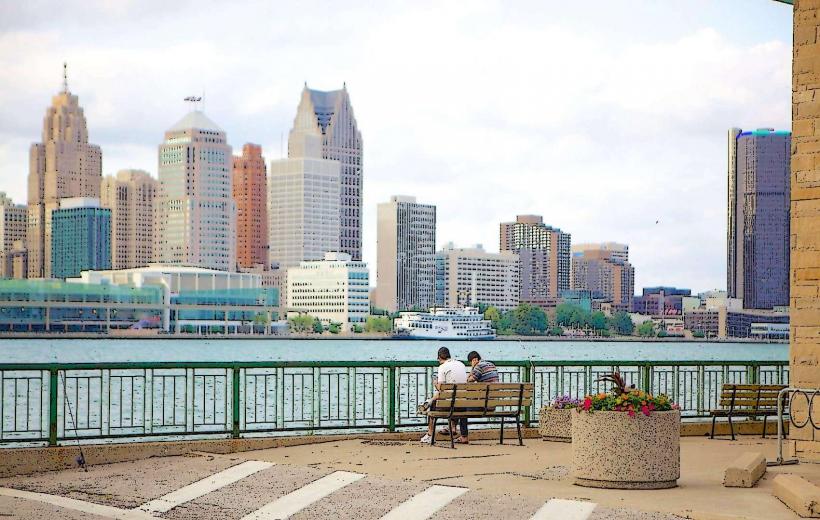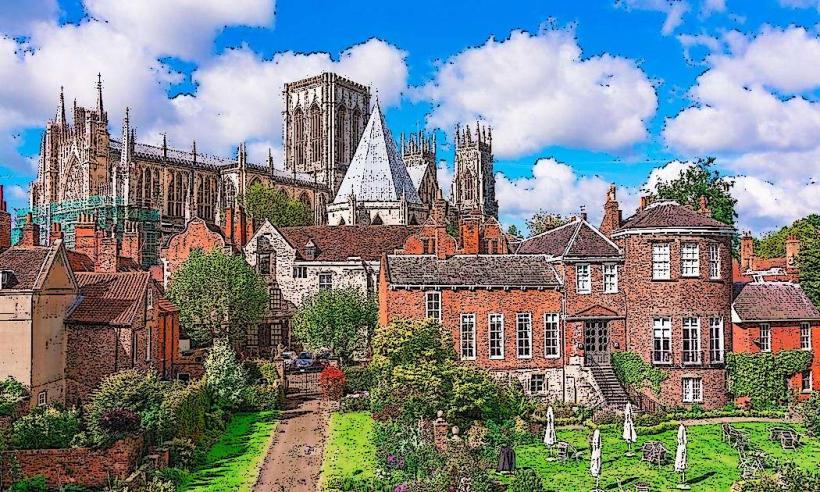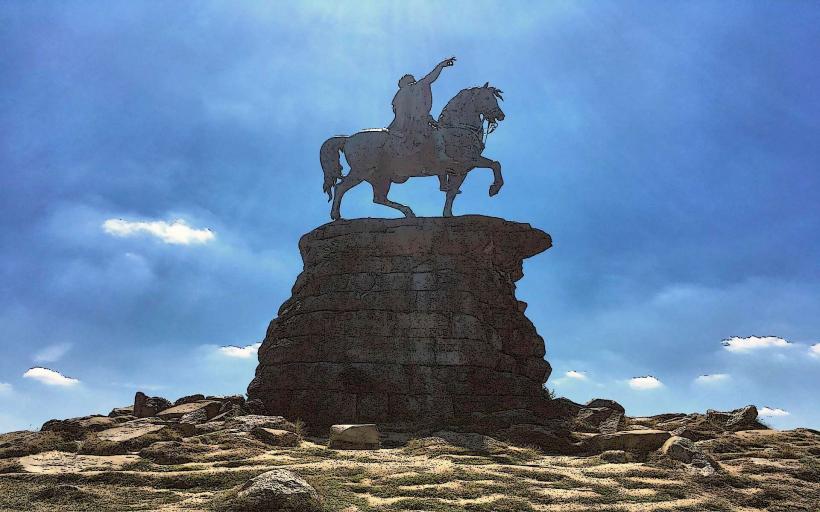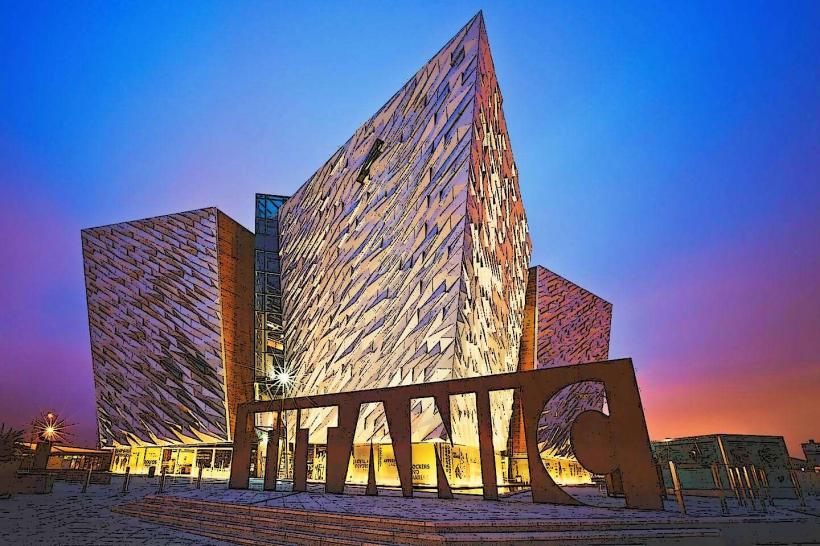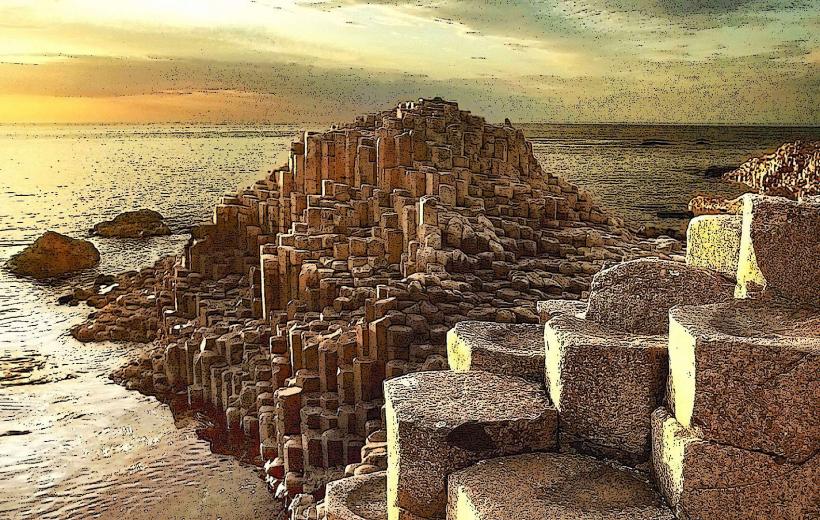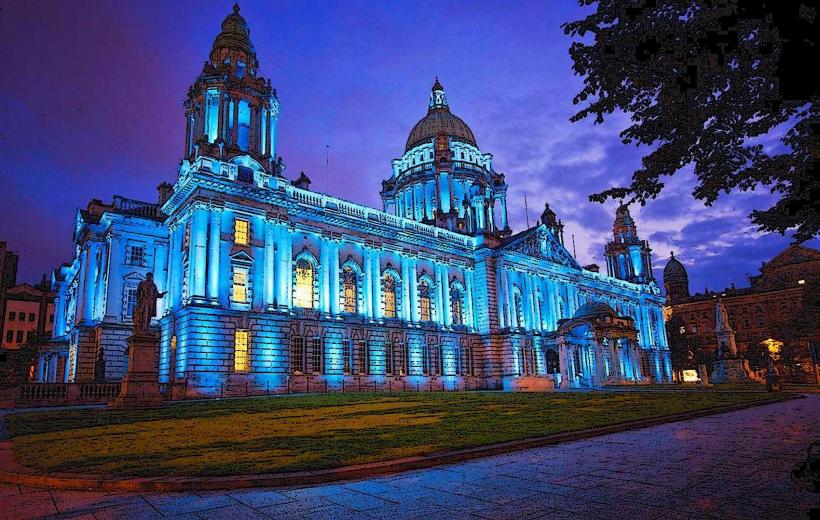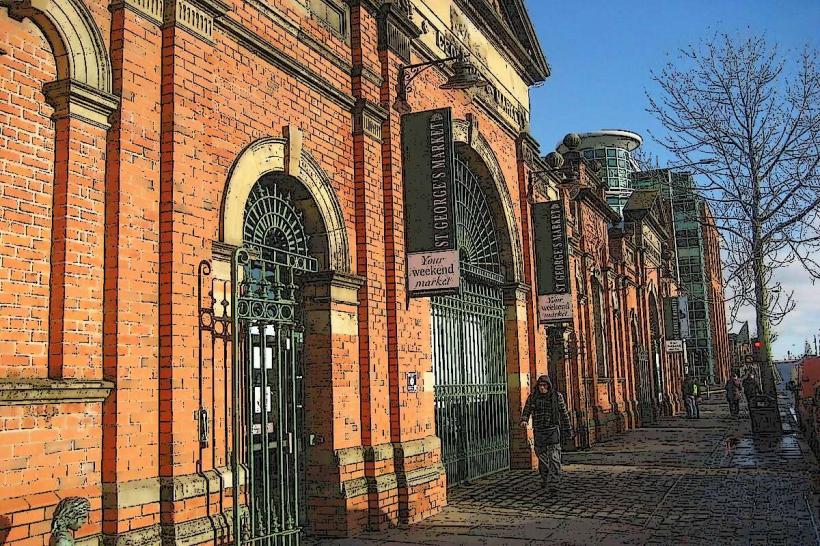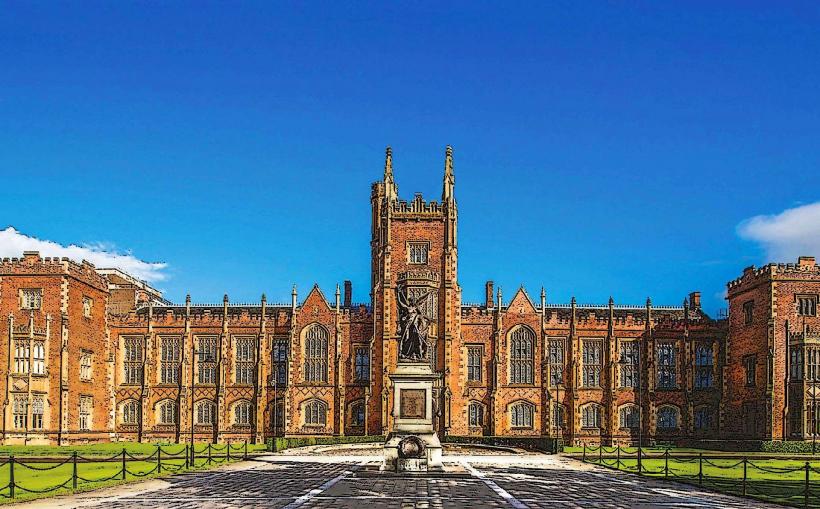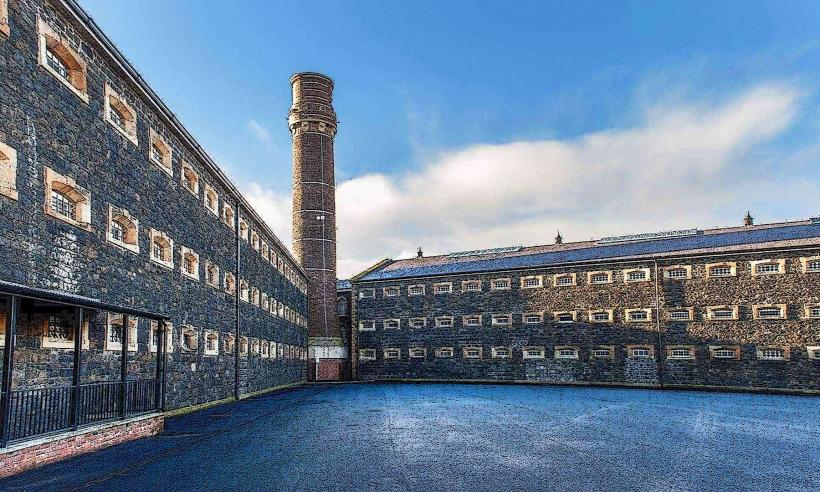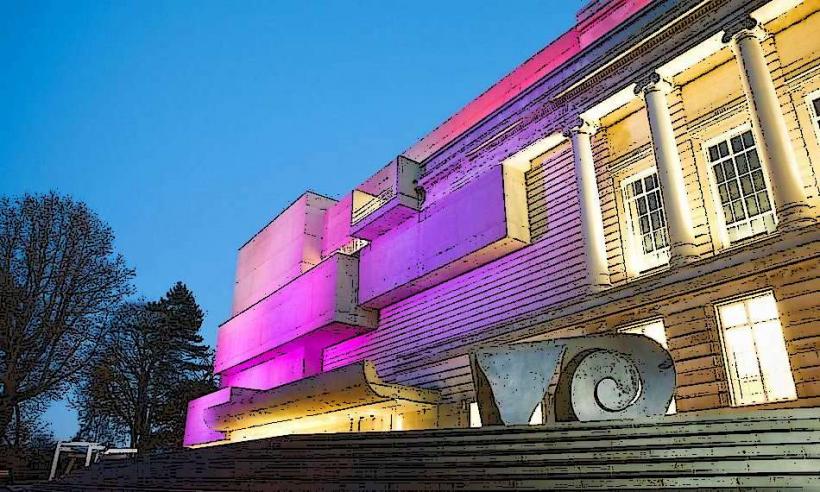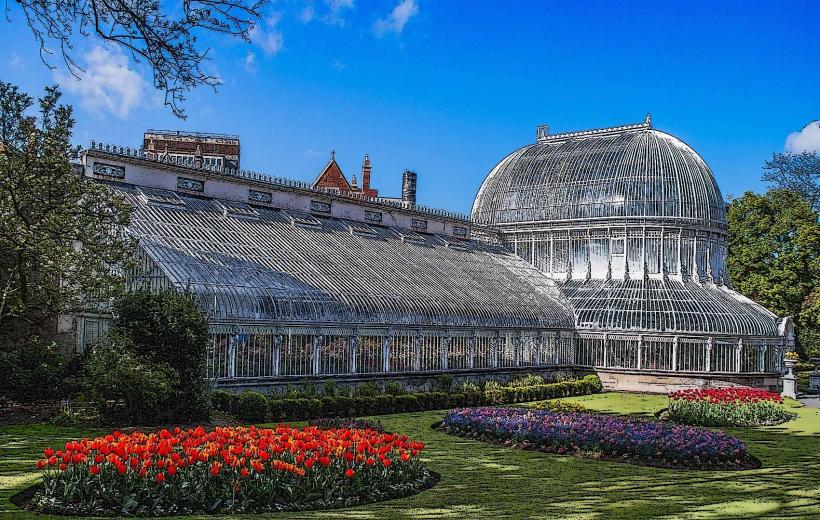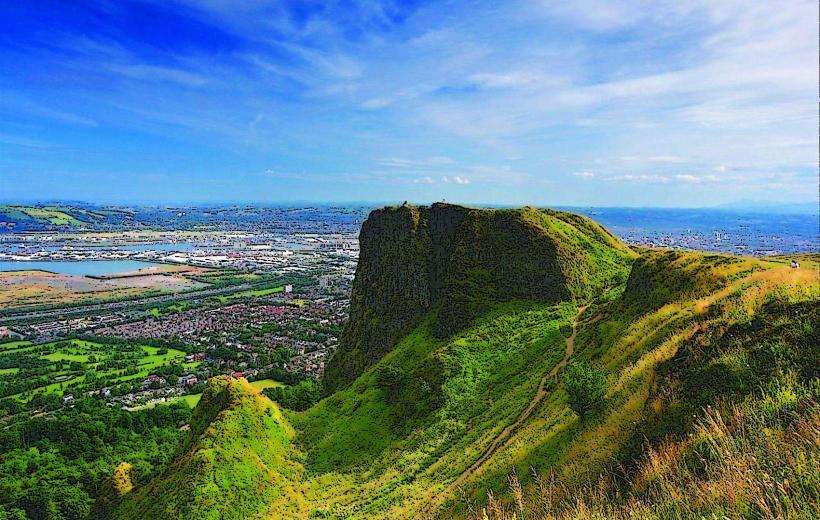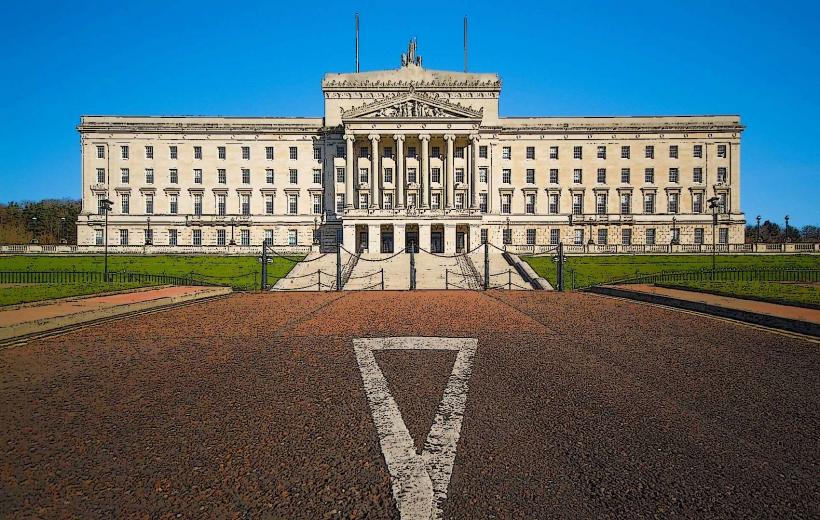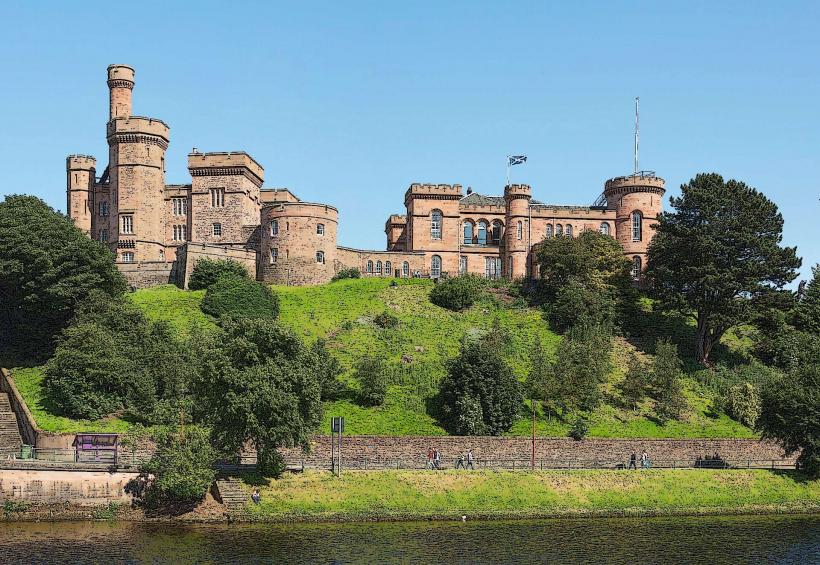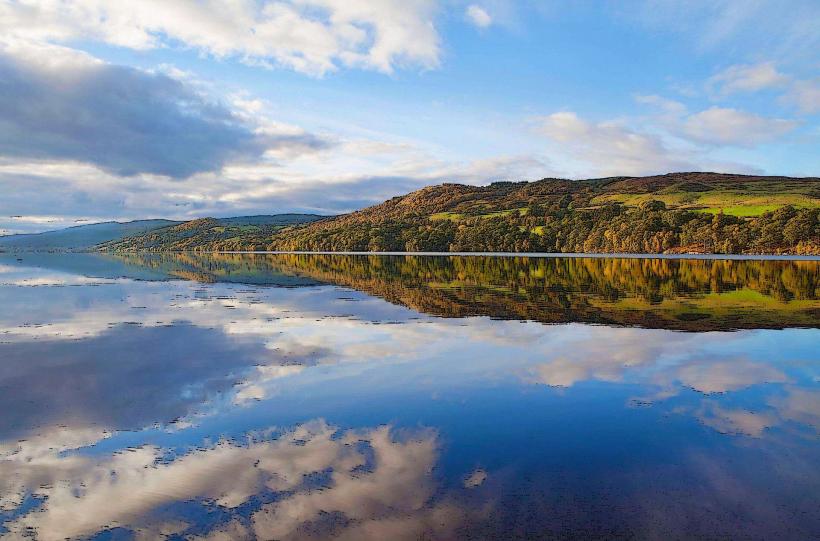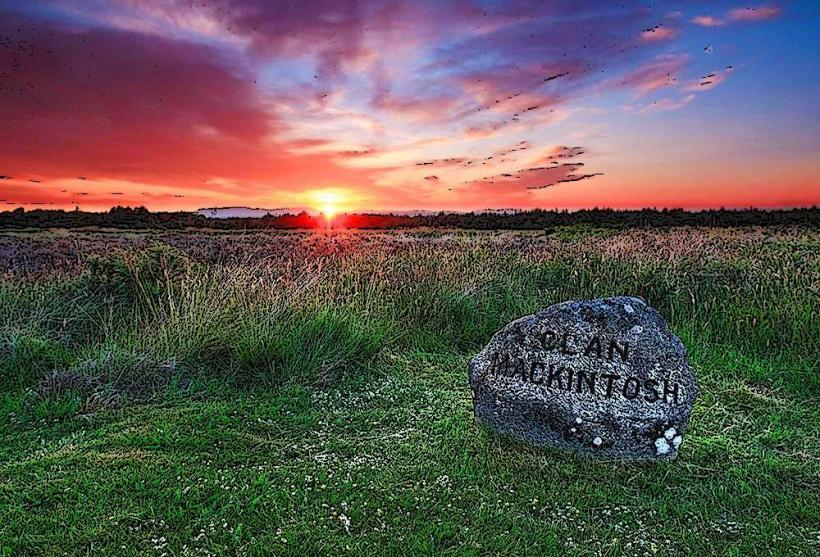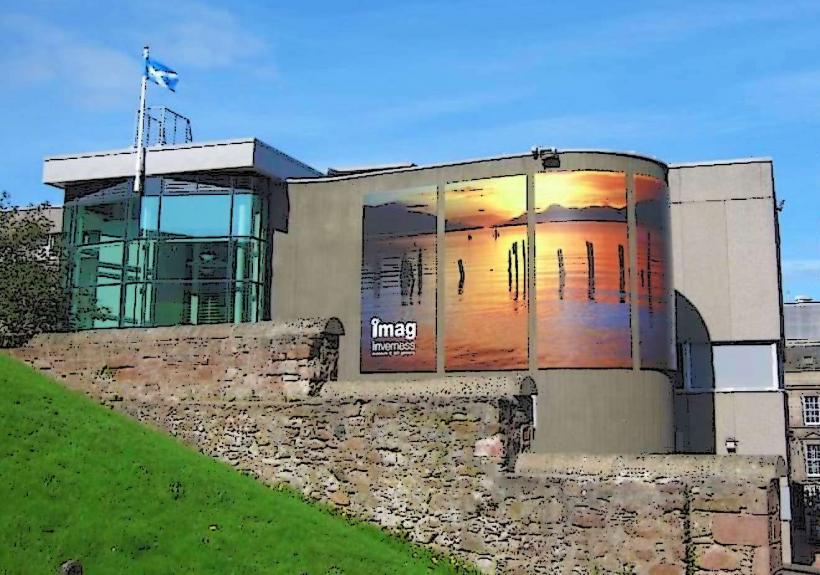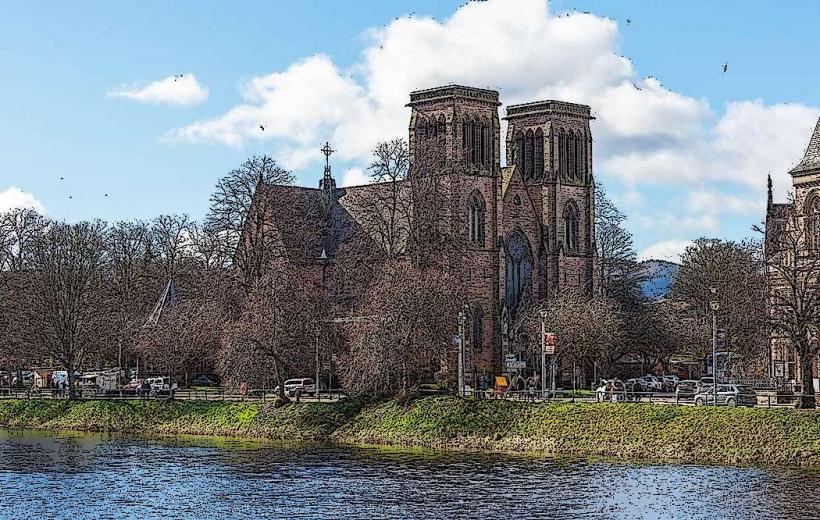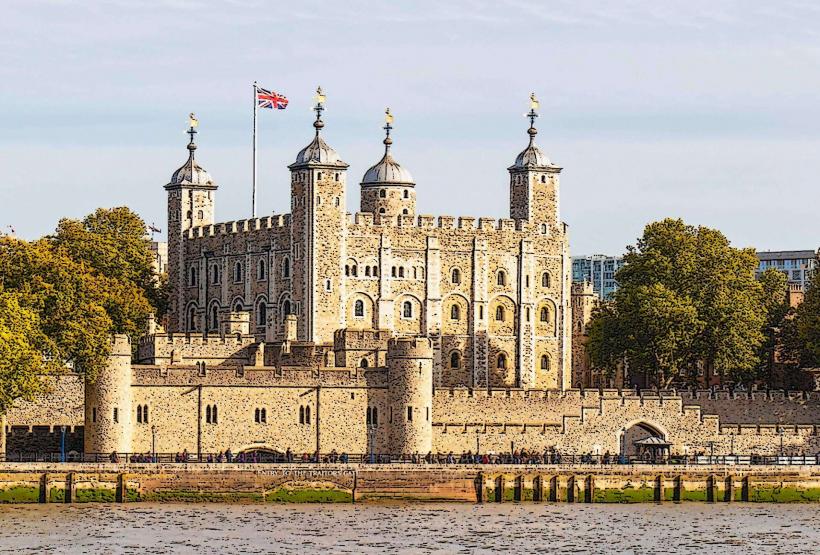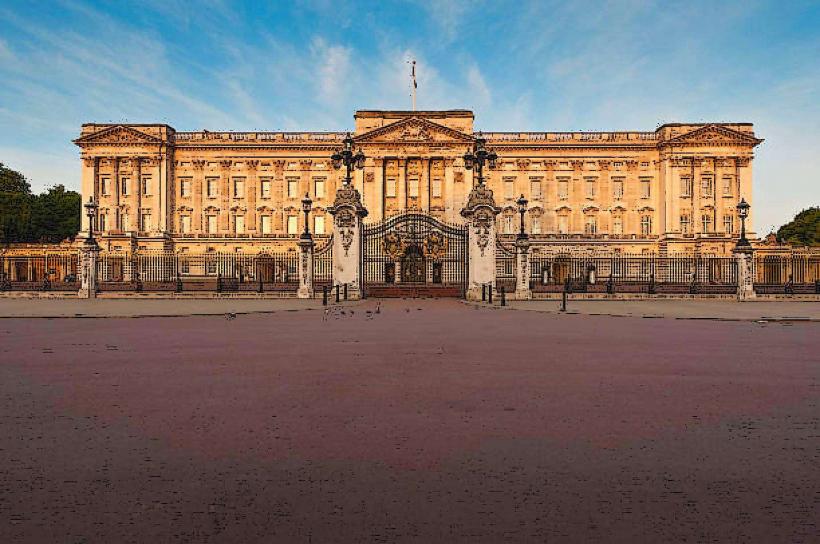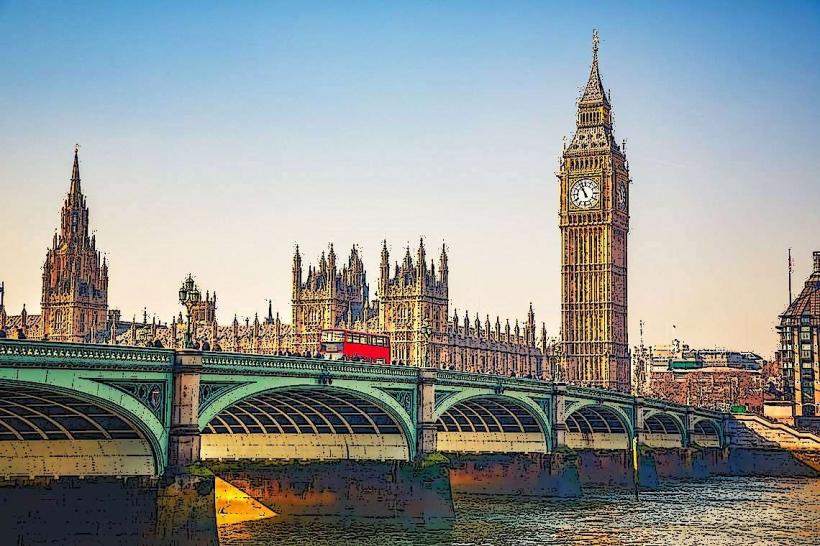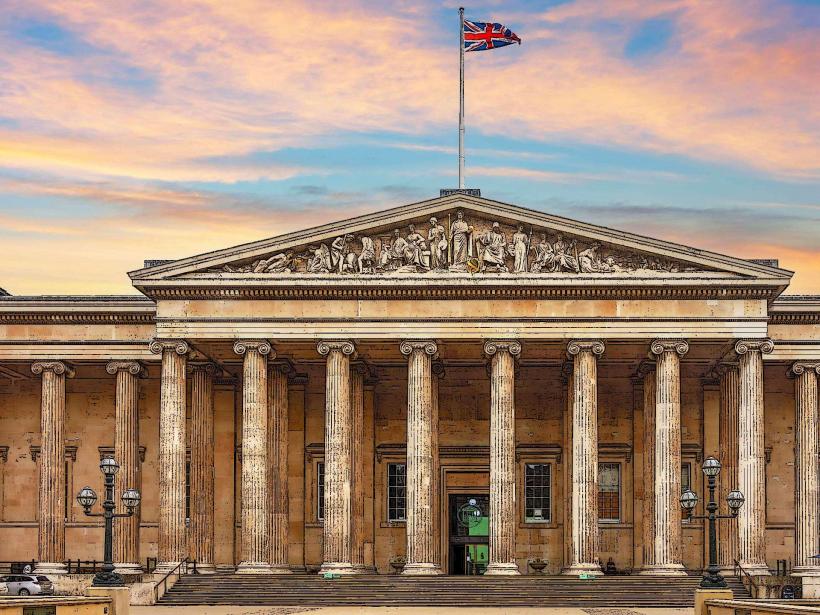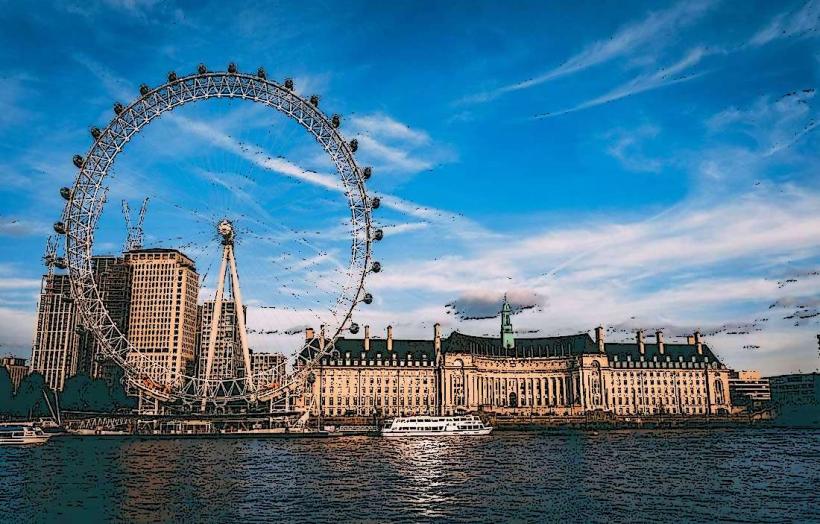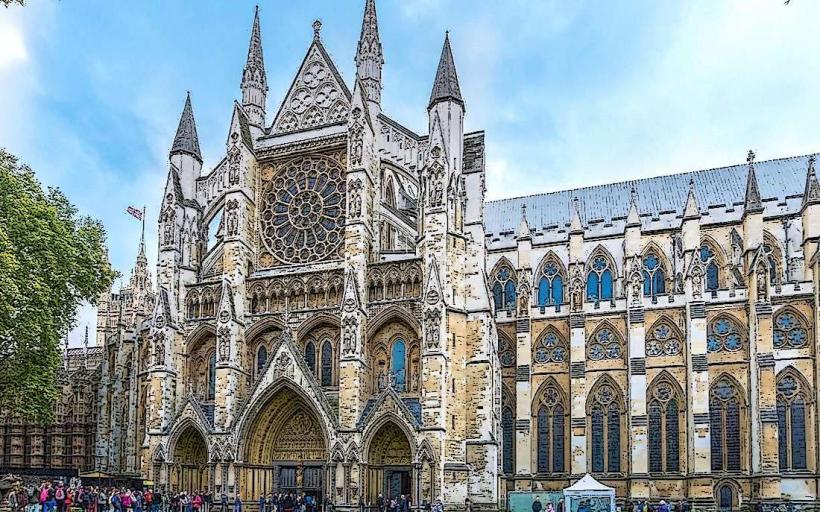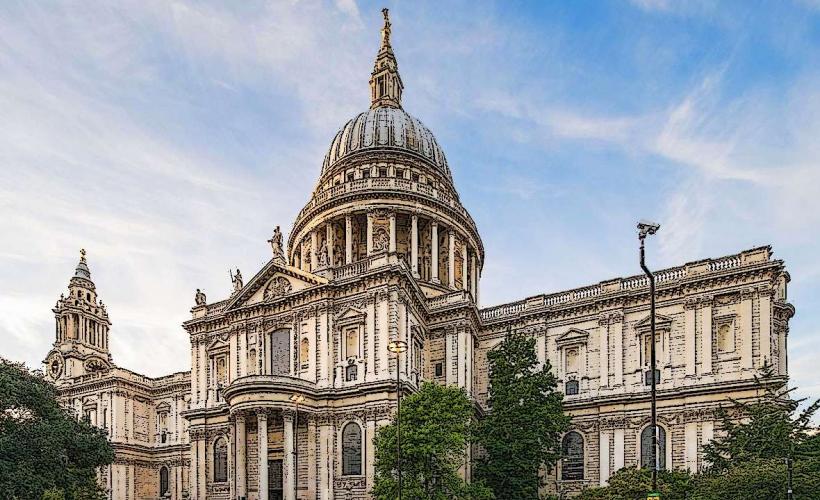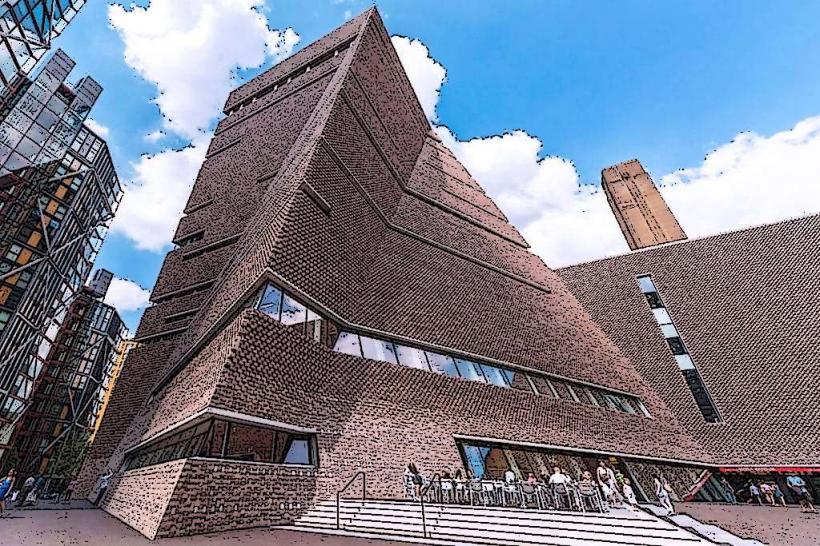Information
Country: United KingdomContinent: Europe
United Kingdom, Europe
The United Kingdom is an island nation located off the northwestern coast of continental Europe, sharing a single land border with the Republic of Ireland. The country's economy is defined by a dominant services sector, particularly global finance and professional services; the capital city is London.
Visa & Entry Policy
Citizens of the EU and US do not require a visa for tourism stays up to 6 months. UK citizens hold domestic rights. Electronic Travel Authorisation (ETA) is being phased in for all previously non-visa nationals; verify current status before travel. Border controls are strict, and passports must be valid for the duration of the stay.
Language & Communication
The official language is English. English proficiency is universal. Distinct regional languages include Welsh in Wales and Gaelic in parts of Scotland, though these are used alongside English. Regional accents vary significantly over short geographic distances.
Currency & Payment Systems
The currency is the British Pound Sterling (GBP). The UK is a highly cashless society; contactless "tap-to-pay" is universal for retail, dining, and transit. Small independent shops in remote rural areas may still request cash, but ATMs (Link network) are widely available in almost all villages.
National Transport Grid
Intercity travel is primarily conducted via a privatized rail network (National Rail). Long-distance coach services (National Express, Megabus) provide lower-cost alternatives. Domestic flights connect London to hubs like Edinburgh, Belfast, and Glasgow. In London, the Transport for London (TfL) network integrates underground, rail, and bus systems.
Digital Infrastructure
Primary mobile network operators are EE, O2, Vodafone, and Three. 5G coverage is widespread in urban centers, while 4G is standard across most rural areas. Topographical shielding in the Scottish Highlands and Welsh valleys can cause total signal loss.
Climate & Seasonality
The climate is temperate maritime. The west is generally wetter than the east due to prevailing Atlantic winds. Rainfall is frequent throughout the year. The warmest months are July and August, while the coldest are January and February. Daylight hours vary drastically, from 16+ hours in mid-summer to 7-8 hours in mid-winter.
Health & Safety
No mandatory vaccinations are required. Public healthcare is provided by the National Health Service (NHS), which is free at the point of use for emergencies, though non-residents may be billed later. The emergency number for Police, Ambulance, and Fire is 999 (911 and 112 also redirect).
Top 3 Major Regions & Cities
Greater London: Primary hub is London.
North West England: Primary hub is Manchester.
Central Scotland: Primary hub is Edinburgh.
Local Cost Index
1L Water: £1.20 ($1.50 USD)
1 Domestic Beer: £5.50 ($6.90 USD)
1 Sim Card (Data Plan): £15.00 ($18.80 USD)
Facts & Legends
The United Kingdom has no single codified constitutional document, relying instead on a collection of statutes, court judgements, and conventions. According to Arthurian legend, the site of Tintagel Castle in Cornwall is the birthplace of King Arthur, a figure central to the Matter of Britain and the mythical defense of the island against Saxon invaders.

